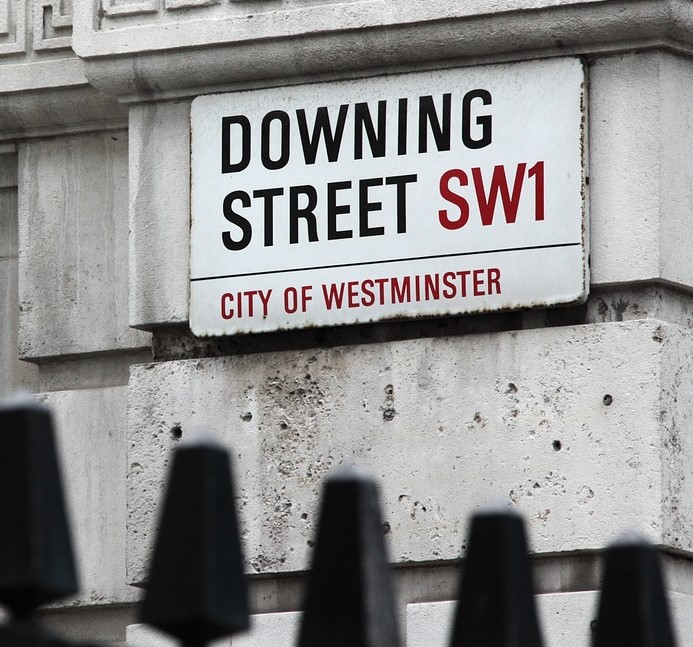Millions of voters who run their own businesses are still to make a final decision on who they will back on polling day, according to a snap general election survey by the Federation of Small Businesses.
It reveals that 96 per cent of small business owners intend to vote, but one-in-five (20%) have yet to decide which party they will choose, while a further one-in-three (33%) have a good idea who they will vote for but could still change their mind.
FSB’s research found 90 per cent of small business owners are concerned business taxes could rise under the next Government, while 92 per cent of small employers said they were concerned a future Government could increase the costs and risks associated with employing people.
More than half (53%) say they are concerned about small business energy costs over the next five years; more than six-in-ten (61%) are concerned about the level of inflation over the next five years.
The findings come as FSB publishes a manifesto for small businesses and the self-employed – a blueprint for whoever forms the next Government aimed at driving economic growth and increasing the small business community from 5.5 million back to its pre-pandemic size of six million within the next Parliament.
FSB’s Policy Chair, Tina McKenzie, said: “Small business owners and the self-employed are a shrewd and motivated part of the electorate. They’re used to weighing up competing offers when running their businesses, and it’s clear from our research that when it comes to the election they’re looking for which of the parties has the most compelling pro-small business offer.
“Small businesses are the key to securing economic recovery, driving innovation, and creating jobs in all parts of the UK. Our small business manifesto sets out the measures needed to create the conditions for that to happen, many of which do not involve additional spending.
“We’re looking to all of those seeking to form the next Government to show their commitment to the millions of hard-working voters who run their own businesses, including through a Small Business Act so we have new legislation to protect small businesses on crucial issues such as late payment.”
MANIFESTO PROPOSALS
FSB’s manifesto for small businesses and the self-employed sets out more than 150 specific proposals to cover the period of the next Parliament. These include:
Committing to a Small Business Act, legislating to help small firms by:
- Enshrining in law measures to clamp down on big businesses with poor payment practices towards their smaller suppliers.
- Improving small businesses’ ability to access finance, including closing loopholes in protections for those giving personal guarantees.
- Making a 33 per cent SME statutory public procurement target, increasing the involvement of small businesses in taxpayer-funded projects.
Giving reassurance on tax:
- Fundamentally reform business rates to help small businesses in all sectors.
- Rule out increases in tax on dividends for directors of limited companies and National Insurance for the self-employed.
- Restore the small profits threshold for corporation tax to the previous level of £250,000 and pledge not to increase the small profits rate.
Backing small employers, jobs and skills:
- Automatically increase the employment allowance with the National Living Wage.
- Maintain current co-investment rules to back small business apprenticeships.
- Reintroduce universal work experience into secondary schools.
Encouraging start-ups:
- Increase the number of start-up loans offered by 5,000.
- Create a new ‘new enterprise allowance’ for those out of work looking to start a business.
- Make it easier for people working for themselves to get a mortgage and save for their retirement.
Driving future growth:
- Introduce a new Small Housebuilder Strategy, to ensure sufficient capacity to achieve ambitious housebuilding targets.
- Commit to a target that at least half of all direct Government funding of private Research and Development (R&D) goes to SMEs.
- Provide consumer-style protections for smaller businesses when it comes to the energy market.


